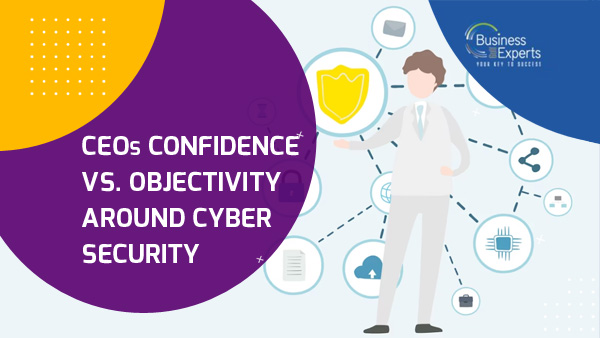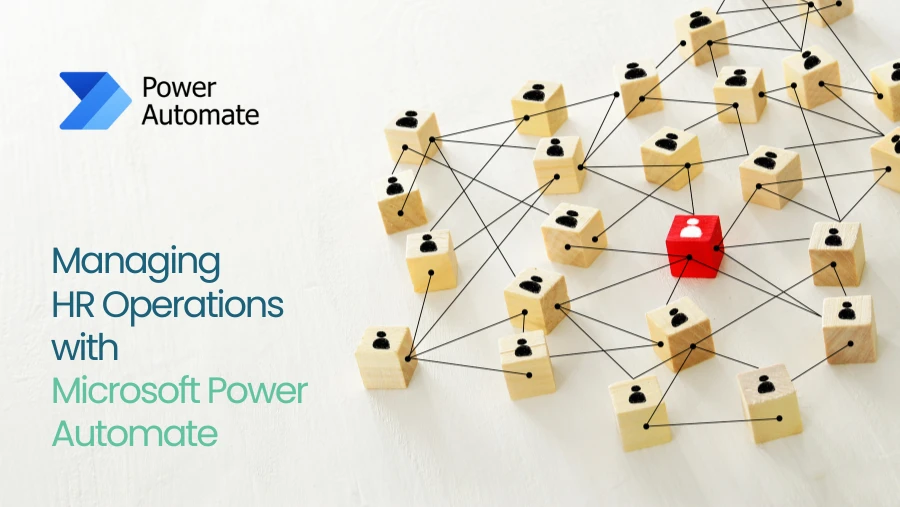“Ensuring robust cybersecurity measures is not just a matter of protecting our business; it’s about safeguarding the trust and resilience that define our success. In an interconnected and ever-evolving digital landscape, cyber security becomes the backbone of our business strategy, enabling us to navigate risks, adapt to challenges, and emerge stronger in the face of adversity.” – CEO F500
As the top executive responsible for the overall success and security of their organizations, CEO’s have a vested interest in cybersecurity. They understand the potential impact of cyber threats on their businesses and the need for effective security measures.
Key concerns regarding cybersecurity and their expectations from CISOs
-
Protection of Sensitive Data:
CEOs are concerned about the protection of sensitive data, including customer information, intellectual property, and financial records. They expect CISOs to implement robust security measures to prevent data breaches, unauthorized access, and theft. CEOs prioritize the confidentiality, integrity, and availability of data, expecting CISOs to develop and maintain effective security controls to safeguard sensitive information.
-
Mitigating Financial and Reputational Risks:
CEOs understand the potential financial and reputational risks associated with cyber incidents. They expect CISOs to identify and assess cybersecurity risks, develop incident response plans, and implement measures to mitigate the impact of breaches or attacks. CEOs rely on CISOs to proactively manage risks, minimize business disruption, and protect the organization’s reputation in the event of a cybersecurity incident.
-
Compliance with Regulations:
Compliance with data protection and privacy regulations is a top concern for CEOs. They expect CISOs to have a comprehensive understanding of applicable regulations, such as the General Data Protection Regulation (GDPR) or industry-specific compliance frameworks. CEOs rely on CISOs to develop and maintain robust security controls and processes that align with regulatory requirements and ensure the organization’s adherence to relevant laws and regulations.
-
Communication and Reporting:
CEOs value clear and concise communication from CISOs regarding cybersecurity matters. They expect regular updates on the organization’s security posture, potential threats, and ongoing initiatives. CISOs should provide actionable insights, risk assessments, and metrics that help CEOs make informed decisions regarding cybersecurity investments, resource allocation, and strategic planning.
-
Collaboration and Alignment with Business Objectives:
CEOs expect CISOs to collaborate closely with other business units and align cybersecurity initiatives with overall business objectives. CISOs should understand the organization’s strategic goals, risk appetite, and operational requirements to develop effective security strategies. CEOs rely on CISOs to provide guidance on cybersecurity-related decisions, technology investments, and the integration of security measures into business processes and initiatives.
-
Continuous Monitoring and Adaptation:
CEOs understand that cybersecurity threats are constantly evolving. They expect CISOs to continuously monitor the threat landscape, stay up-to-date with emerging threats, and adapt security strategies and technologies accordingly. CEOs value CISOs who proactively assess emerging risks, implement effective risk mitigation measures, and drive a culture of security awareness and continuous improvement throughout the organization.
We have in course of our work seen CEOs, who when faced with significant cybersecurity challenges, took immediate and decisive action to mitigate risks, strengthen security measures, and prioritize cybersecurity within their organizations. By investing in resources, implementing comprehensive security strategies, and fostering a cybersecurity-centric culture, these CEOs aimed to rebuild trust, protect their stakeholders, and fortify their organizations against future threats.
Here are some groundbreaking case studies for reference:
-
Equifax:
In 2017, Equifax, a leading consumer credit reporting agency, suffered a massive data breach that exposed the personal information of over 147 million individuals. Following the breach, CEO Richard F. Smith resigned, and the new CEO, Mark Begor, took several drastic steps to mitigate cybersecurity challenges. This included launching a comprehensive cybersecurity transformation program, investing over $200 million in enhancing the company’s security infrastructure, and hiring experienced cybersecurity professionals. Begor also implemented a proactive cybersecurity culture, conducted regular security audits, and improved incident response and communication processes to rebuild trust with customers and stakeholders.
-
Maersk:
In 2017, Maersk, one of the world’s largest shipping and logistics companies, fell victim to the global NotPetya ransomware attack. The attack crippled the company’s IT systems, resulting in significant disruptions to its operations worldwide. CEO Søren Skou took drastic steps to mitigate the cybersecurity challenges and restore operations. The company invested around $300 million to rebuild its IT infrastructure from scratch, implementing stronger security controls and segmentation. Skou also emphasized the importance of employee awareness and training, ensuring that every employee understood their role in maintaining cybersecurity resilience. The incident prompted Maersk to enhance its cybersecurity strategy and collaborate more closely with industry peers to combat future threats collectively.
-
Sony Pictures Entertainment:
In 2014, Sony Pictures Entertainment experienced a high-profile cyber-attack by a group called “Guardians of Peace” that resulted in a massive data breach. CEO Michael Lynton responded by taking drastic steps to mitigate cybersecurity challenges and enhance the company’s defenses. He engaged cybersecurity experts, law enforcement agencies, and forensic teams to investigate the breach and contain the damage. Lynton also implemented a thorough review of the company’s security protocols and invested heavily in strengthening the IT infrastructure, including advanced threat detection systems and employee training programs. The incident led to a renewed focus on cybersecurity throughout the organization and a commitment to safeguarding sensitive data.
In conclusion, CEOs have significant concerns regarding cybersecurity and expect CISOs to address these concerns effectively. Protecting sensitive data, mitigating financial and reputational risks, ensuring compliance, maintaining clear communication, collaborating with other business units, and staying vigilant against emerging threats are among the top expectations from CISOs. By fulfilling these expectations, CISOs play a critical role in enabling CEOs to confidently navigate the cybersecurity landscape and protect their organizations from potential cyber threats.
To know more you can contact us at [email protected]. Follow us on our LinkedIn to stay up-to-date on this solution.






